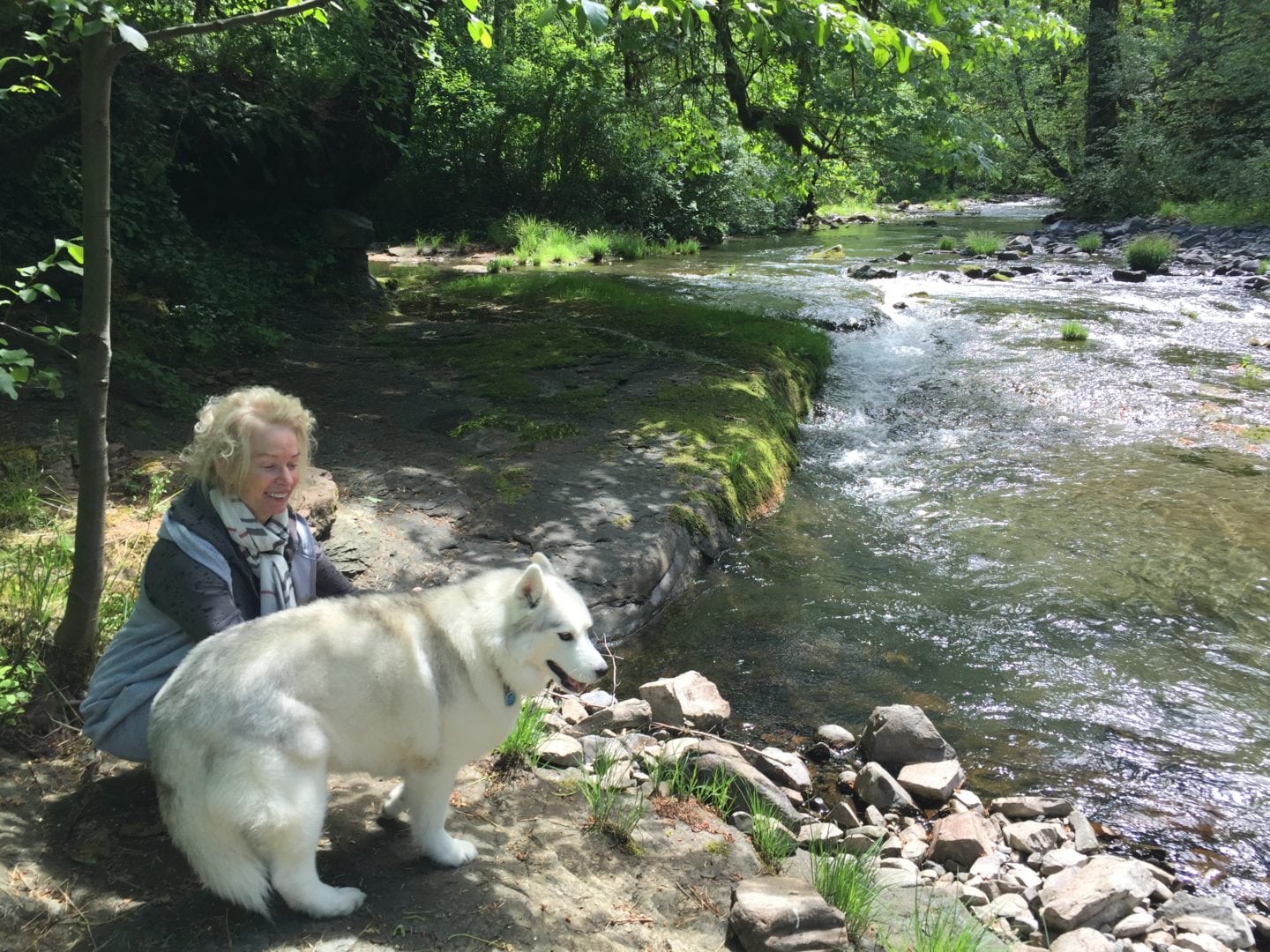“Some people say the best way to avoid a difficult conversation is to ignore it until it goes away. If we don’t engage our communities in multidisciplinary conversations, the Baby Boomer tsunami that’s coming will be problematic for healthcare, housing and end-of-life issues as well,” said Deborah Kaercher. As Co-Founder and Executive Producer of The Final Acts Project, Deborah and her national organization work to humanize and respect the end-of-life experience by promoting a dialogue between family members and the community at large.
“BECAUSE MOST OF US DON’T WANT TO THINK ABOUT DYING, WE COULD END-UP ON A FEEDING TUBE, OR BE INTUBATED, WITHOUT HAVING MADE OUR WISHES KNOWN TO THOSE AROUND US.”
“The Final Acts Project uses the creative arts, theatre, urban development and faith-based groups to stimulate discussion and action around end-of-life issues. Our goal is to use a multitude of venues, whether it’s churches or community organizations, and different opportunities and strategies for incorporating the arts. We’re working with playwrights who will do the scriptwriting for different templates we can use. We have events that mix music and poetry or storytelling performances.
“Everyone who’s getting involved understands the intersections of life and death. We’re doing theater and art exhibits where the artist speaks about what they created and why. We’ll have workshops that follow some of our productions, with experts in the field who can answer questions. We want to get people to sign-up and commit to taking these programs to their workforce, or place of worship, so we can continue to snowball this conversation.”
Deborah and The Final Acts Project does not take a stand on end-of-life. “We are a catalyst for conversation. The decisions about how someone chooses to die belongs to them. We do promote active, early involvement in planning. It reduces family conflict and tension because it’s all been decided. It is very difficult for a lot of families to have a parent that’s dying and someone has to make a decision about continuing life-sustaining efforts.”
“Often people want to die at home, but more than 70 percent die in a hospital. Families wait too long to bring in hospice, and they put off palliative care until it’s almost too late. We want to work closely with the medical and nursing profession as well. The other pillar in our effort is the architectural and urban planning component. We’re so far behind in providing appropriate care that’s affordable and that’s humane.
“It’s difficult to be the child or spouse, that says no more, because it feels a little bit like playing God. I’m amazed at the number of 30 and 40-year-olds who are saying ‘thank you for doing this, because my parents don’t want to have this conversation, and we want to know what to do.’”












2 thoughts on “Deborah Kaercher MPH, PH.D.”
What a remarkable woman.You are so fortunate to have these women in your life. I tried to comment on the post where you are talking together but somehow could not. It was beautiful as is this. At my age, it is an important topic. Also with my propensity to break some bone once a year it is a necessity. Love your site. I always rejoice a little when I know it is Friday and you will post a new piece. Can’twait to read you.
Thank you, Sandra, for loving 1010ParkPlace and for reading! Isn’t Deborah Kaercher an incredible woman? Her capacity for compassion and understanding that there’s been a hole in the process of readying ourselves and our loved ones for our death knows no bounds. Keeping my fingers crossed you stop your bone-breaking trend. xoxox, Brenda
Comments are closed.